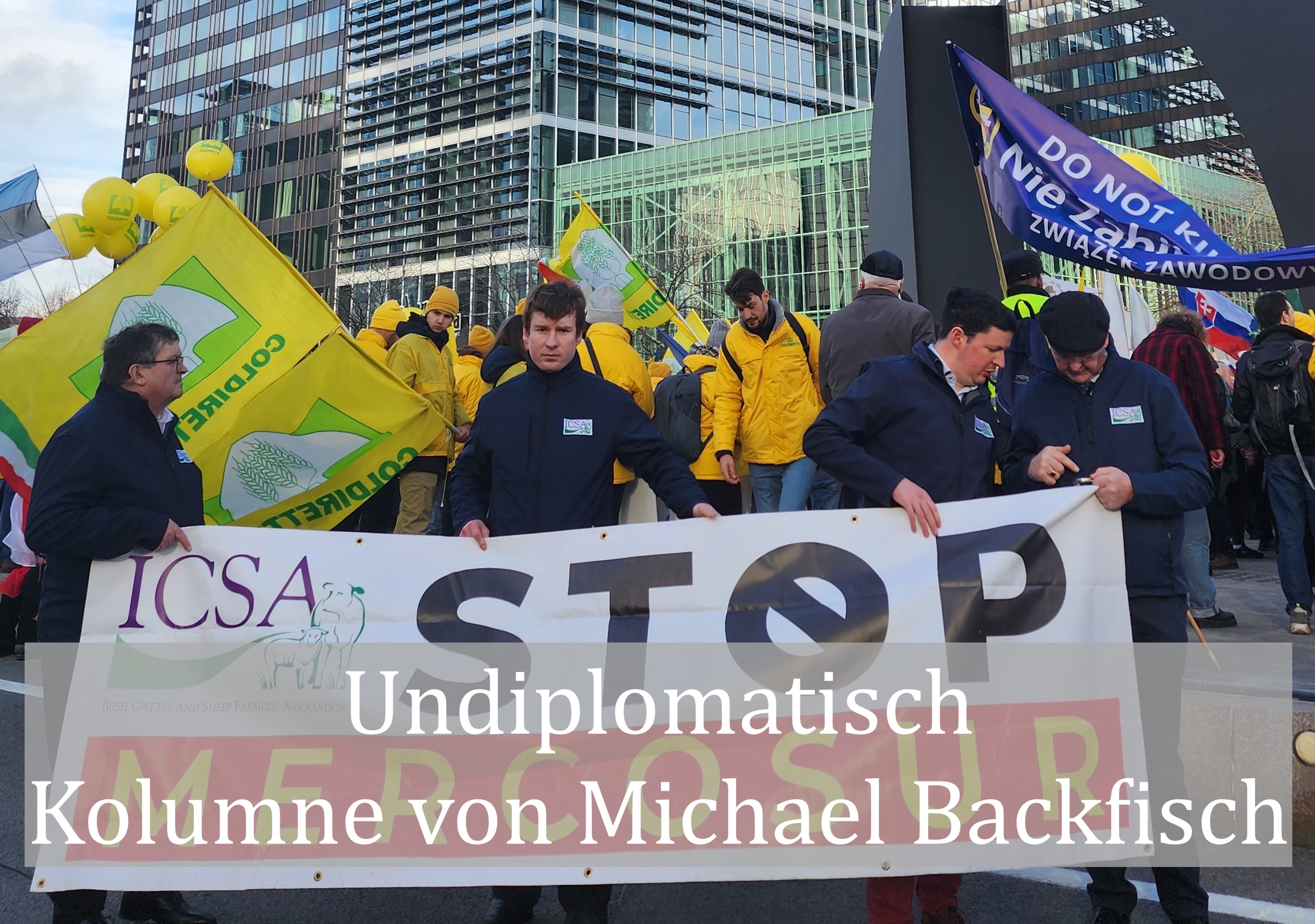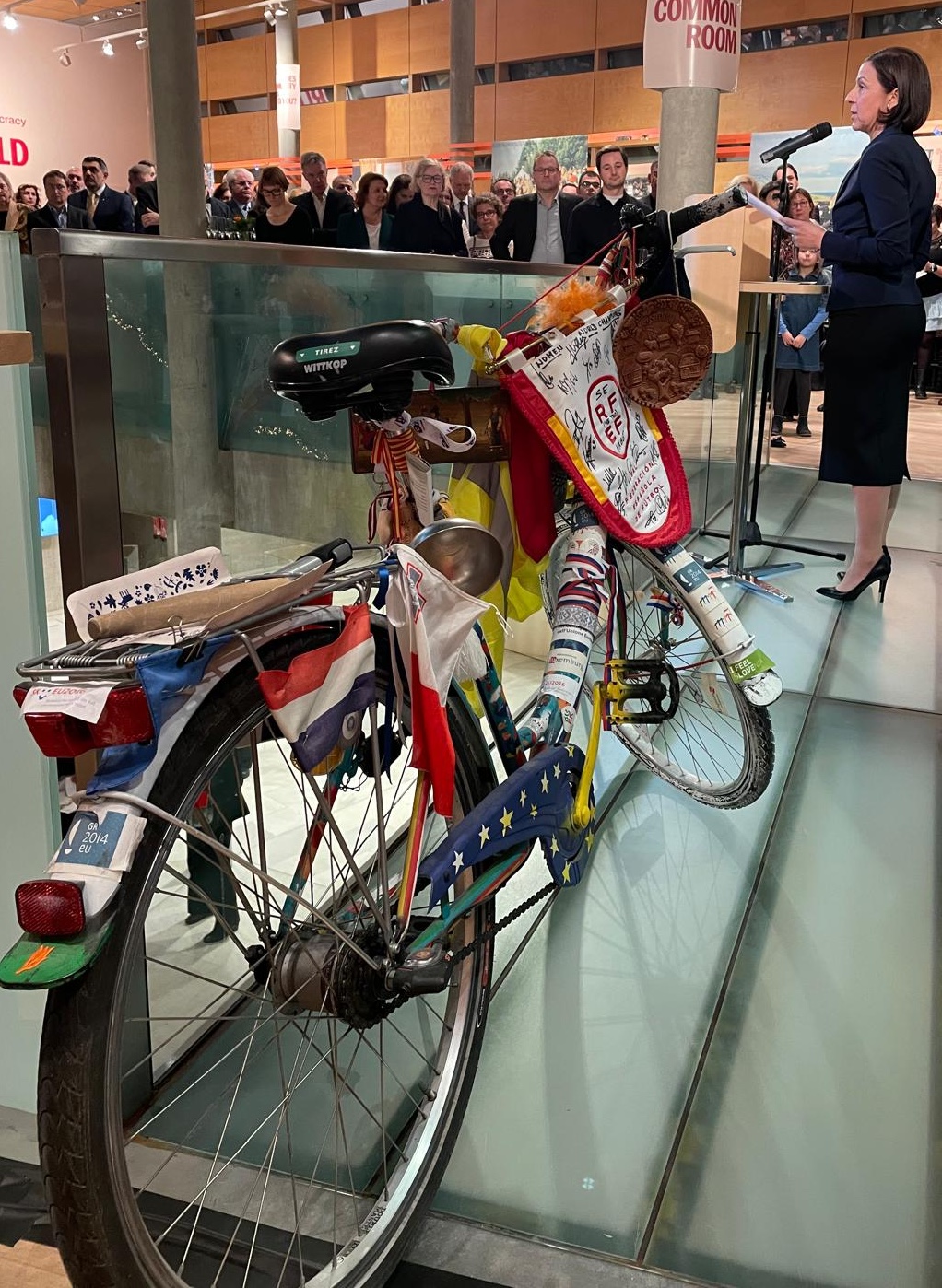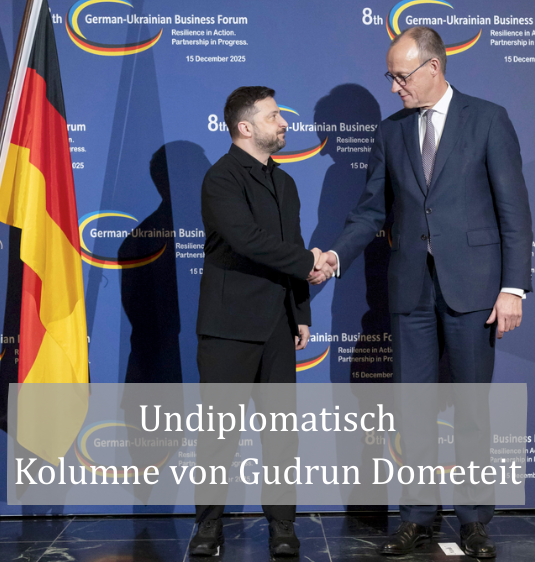diplo.news
How Uzbekistan regulates labor migration abroad
By Bobomurod Yarashev, University of Public Safety of the Republic of Uzbekistan, Tashkent
Labor migration is a natural process all over the world. Uzbekistan is working purposefully to send citizens to work abroad in an orderly and safe manner. In the last two years, the Employment Migration Agency has sent 70,000 people abroad for this purpose.
It is well known that those who want to work abroad also have to bear certain costs. Migrants are thus partially reimbursed for the costs of the work visa, the travel ticket, learning a foreign language and the assessment of qualifications in their profession. Citizens who have obtained an international or equivalent certificate in a foreign language are reimbursed 50 percent of the cost of learning the language.
In addition to all the positive work that is being done in this area, close cooperation has been established with the International Organization for Migration, with the International Organization for the Protection of Migrants' Rights and with industrialized countries. In addition, the state is developing a concept for migration worked until 2030 to achieve the criteria of guaranteed equality in the social protection of migrant workers.
Agreements on the temporary employment of Uzbek citizens in various sectors have been concluded between the Agency for Foreign Labour Migration, which reports to the Ministry of Poverty Reduction and Employment, and 25 German companies. Negotiations are currently being conducted with five other companies. In the past three years, 821 Uzbeks have been posted to Germany for temporary work, and 1,670 nationals are being trained to continue their work in this country.
In this way, cooperation between Uzbekistan and Germany in the area of labor migration is actively developing, vocational training and language courses are offered for work in the respective country and favourable conditions for employment are created.
The fact that the External Agency for Labour Migration is negotiating labor migration with several countries, including the United Kingdom, Hungary and Slovakia, shows that activities are becoming even more important.
In addition, at the initiative of President Shavkat Mirziyoyev, a company that hires returnees from labour migration will receive a financial grant from the Employment Promotion Fund for one year.
Employment support for citizens returning from labour migration is also considered an important issue. Employment support for citizens returning from labour migration is also considered an important issue. Based on previous experience, financial support has been granted to those returning from labour migration. This enables them to grow produce on their own land and generate income. In addition, similar employment services are offered. In addition, medical facilities offer free medical check-ups for returnees and their family members. Furthermore, ‘Mensch’ social service centres have been set up since 15 October 2023 to provide social support for children whose parents are working abroad.
It should be noted that not only government but also non-governmental organizations are currently making a positive contribution to regulating and supporting labor migration. In this context, the training courses and service organizations that work with the Agency for Labor Migration Abroad should be mentioned.
The first stage: Preparation courses are organized for citizens who want to work abroad. Vocational and language courses for citizens who want to work abroad are offered in 14 “Welcome to Work” centers for the unemployed, 30 vocational training centers, 136 municipalities, 24 colleges and 13 technical schools.
The second stage: Migrant workers receive legal and social support abroad. For this purpose, Uzbek agencies for labor migration abroad have been set up in some countries, which serve citizens working abroad. The post of an attaché for labor migration has been set up in the Uzbek Consulates General.
The third stage: Support was provided to acclimatize migrant workers who had returned to Uzbekistan. At employment promotion centers, inspectors are working to re-certify migrant workers who have returned to the country.
Finally, it should be noted that all necessary measures have been taken and will continue to be taken to ensure decent working conditions and social protection for Uzbeks working abroad. Cooperation with foreign partners on all relevant migration issues will be continued, as will systematic work on the vocational orientation and language skills of migrant workers.




